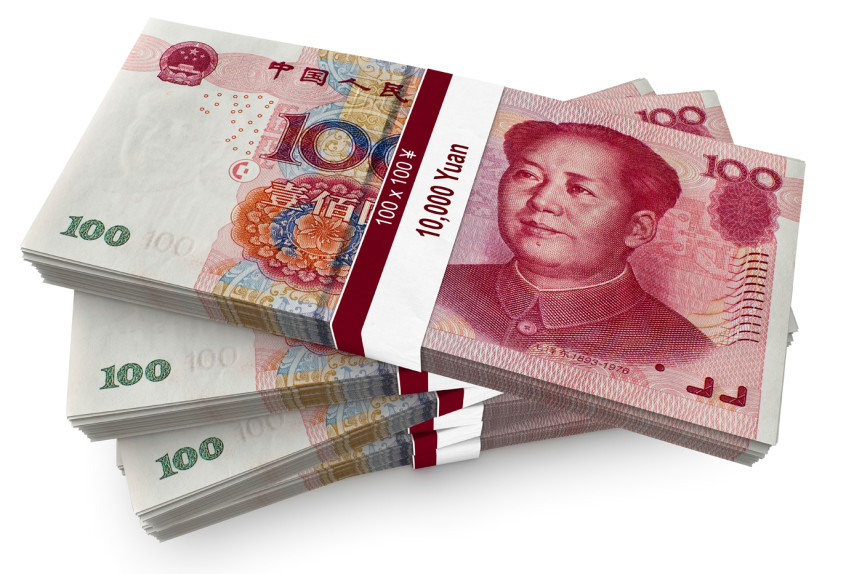Chinese chip maker plans to buy stakes in SPIL and ChipMOS for more than $2 billion
BEIJING—China’s state-owned Tsinghua Unigroup Ltd. plans to spend more than $2 billion to buy stakes in two Taiwanese chip-packaging companies, in a growing sign of its ambition to build a globally competitive chip maker.
The planned investments in Taiwan’s Silicon Precision Industries Co. and ChipMOS Technologies Inc. cap a year in which Tsinghua Unigroup put itself on the map through aggressive acquisitions. Tsinghua Unigroup has announced investments totaling more than $20 billion so far this year, making it one of the chip sector’s most acquisitive companies.
Tsinghua Unigroup’s latest deals, which require shareholder and regulatory approval, come as China seeks to build up its chip industry to reduce its reliance on foreign companies. The global semiconductor industry is seeing a record year in merger volume. Chip deals so far this year total more than $120 billion, according to data provider Dealogic.
Tsinghua Unigroup said Friday it plans to buy a 24.9% stake in Silicon Precision Industries, known as SPIL, for 11.1 billion yuan ($1.7 billion). The Chinese company is offering 55 New Taiwan dollars a share, a 20.9% premium over SPIL’s NT$45.5 closing price Friday. SPIL’s chip technology is widely used in Apple Inc.’s latest iPhones.
The Chinese chip-maker also said it plans to buy a 25% stake in another Taiwanese chip-packaging firm, ChipMOS Technologies Inc., for 2.4 billion yuan.
For SPIL, Tsinghua’s investment marks a new turn in a long-running battle for control over the company. SPIL had sought to fend off a hostile takeover by the world’s biggest chip-assembler Advanced Semiconductor Engineering Inc. through an alliance with Foxconn Technology Group, the key Apple supplier formally known as Hon Hai Precision Industry Co. But SPIL’s shareholders voted down Foxconn’s share swap proposal in October. ASE became SPIL’s largest shareholder in August after a $1 billion tender offer gave it a 25% stake in its rival.
Like the proposed Foxconn deal, the Tsinghua Unigroup investment would dilute ASE’s holding, but it may stand a better chance of gaining shareholder approval due to the premium it is offering. Tsinghua Unigroup’s offer of NT$55 a share compares with the NT$40.03 price implied in the Foxconn share-swap plan.
State-owned Tsinghua Unigroup has ties to China’s premier technological university and senior political leaders, and has emerged as the leading company in China’s efforts to build a domestic chip-industry. The company’s political connections have made it an appealing business partner for foreign companies, but have prompted some U.S. politicians to raise concerns about its efforts to acquire U.S. companies. China’s investment in Taiwan’s prized chip-industry has also been controversial on the island, and Taiwan maintains strict controls over mainland investment in its chip-design sector, although there are looser rules for chip packaging.
